The Role of Professional Audits in Ensuring Business Compliance

Introduction
Professional Audits in Ensuring Business Compliance
In today’s competitive business environment, compliance is more than just adhering to regulations. It is a key factor in maintaining stakeholder trust, ensuring stability, and reducing risks. Professional business audits play a crucial role in ensuring compliance with legal, financial, and operational requirements. Businesses that conduct regular audits can identify potential issues early and take corrective action. Here’s why professional business audits are essential for business compliance.
1. Validating Financial Integrity
One of the primary roles of a professional audit is to validate the financial integrity of a company. Auditors carefully examine financial records to ensure they accurately reflect the company’s performance and comply with accounting standards.
Accurate Financial Reporting
- Regular audits ensure that financial statements are error-free and trustworthy.
- Transparent financial records enhance trust with investors, banks, and stakeholders.
Learn more about financial transparency and reporting
2. Ensuring Compliance with Legal and Regulatory Requirements
Businesses must follow various legal and regulatory requirements based on their industry and region. Professional business audits help companies remain compliant, avoiding penalties and legal issues.
Identifying Regulatory Breaches
- Auditors detect non-compliance issues, allowing businesses to address them early.
- Industry-specific regulations must be met to ensure smooth operations and avoid fines.
Explore Qatar’s regulatory requirements for businesses
3. Risk Mitigation and Fraud Prevention
A key part of an audit is identifying risks and weaknesses in internal controls. Professional business audits help uncover fraud, mismanagement, or inefficiencies that could harm the business.
Fraud Detection
- Auditors review transactions to identify irregularities or suspicious activities.
- Improved internal controls reduce financial and operational risks.
Read about best practices in fraud prevention
4. Enhancing Corporate Governance
Good corporate governance ensures ethical business practices and transparency. Audits assess governance policies to confirm they align with the company’s values and objectives.
Board Oversight
- Audits help the board oversee financial reporting, risk management, and compliance.
- Ethical business practices contribute to accountability and integrity.
Learn more about corporate governance
5. Improving Business Performance
Audits identify problems but also highlight ways to improve performance. Auditors offer insights that help businesses streamline processes, reduce costs, and optimize operations.
Operational Efficiency
- A detailed audit can reveal inefficiencies and suggest improvements.
- Businesses can use audit findings to make better decisions and plan for growth.
Discover how audits can drive business growth
Conclusion
Choosing professional business audits ensures compliance, reduces financial risks, and improves efficiency. Whether you need tax advisory, external audits, or financial consulting, partnering with a top audit firm helps your business succeed.

